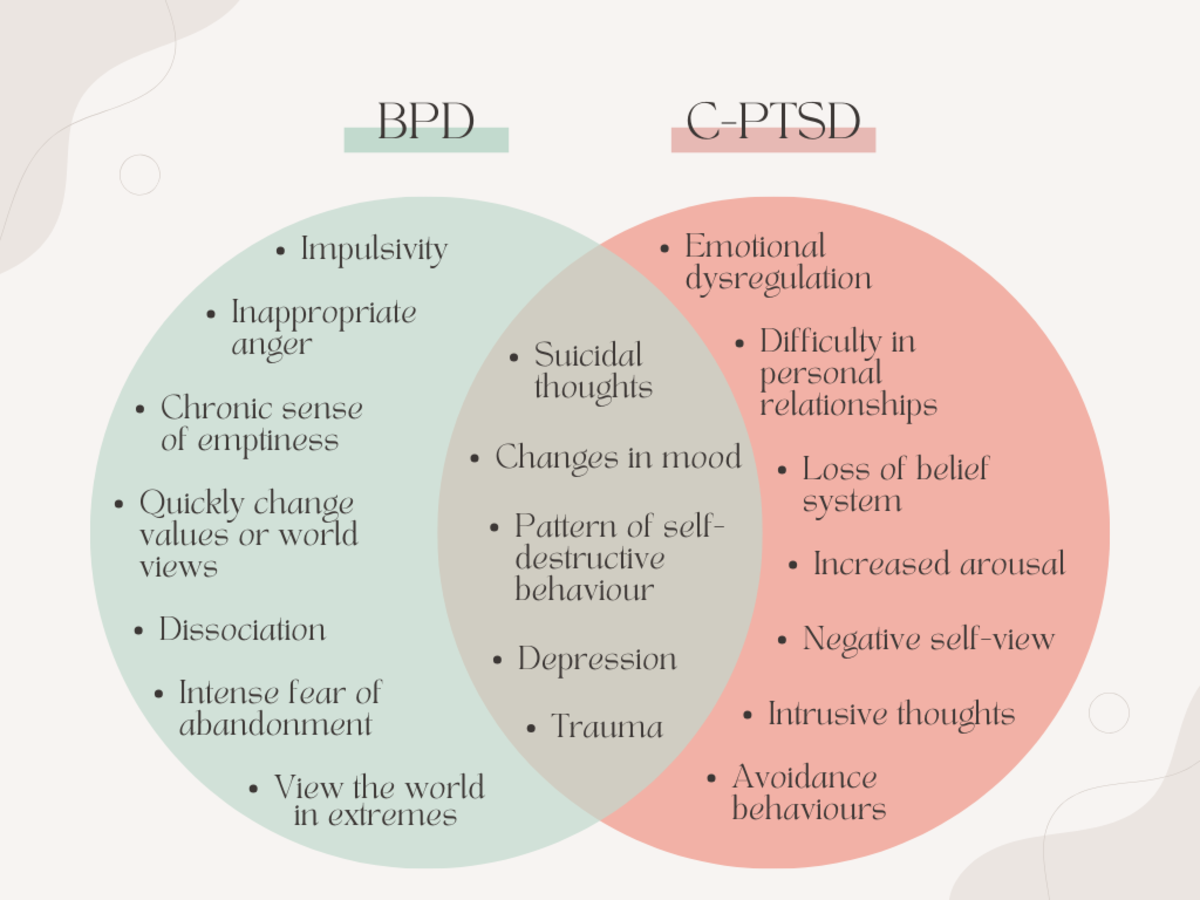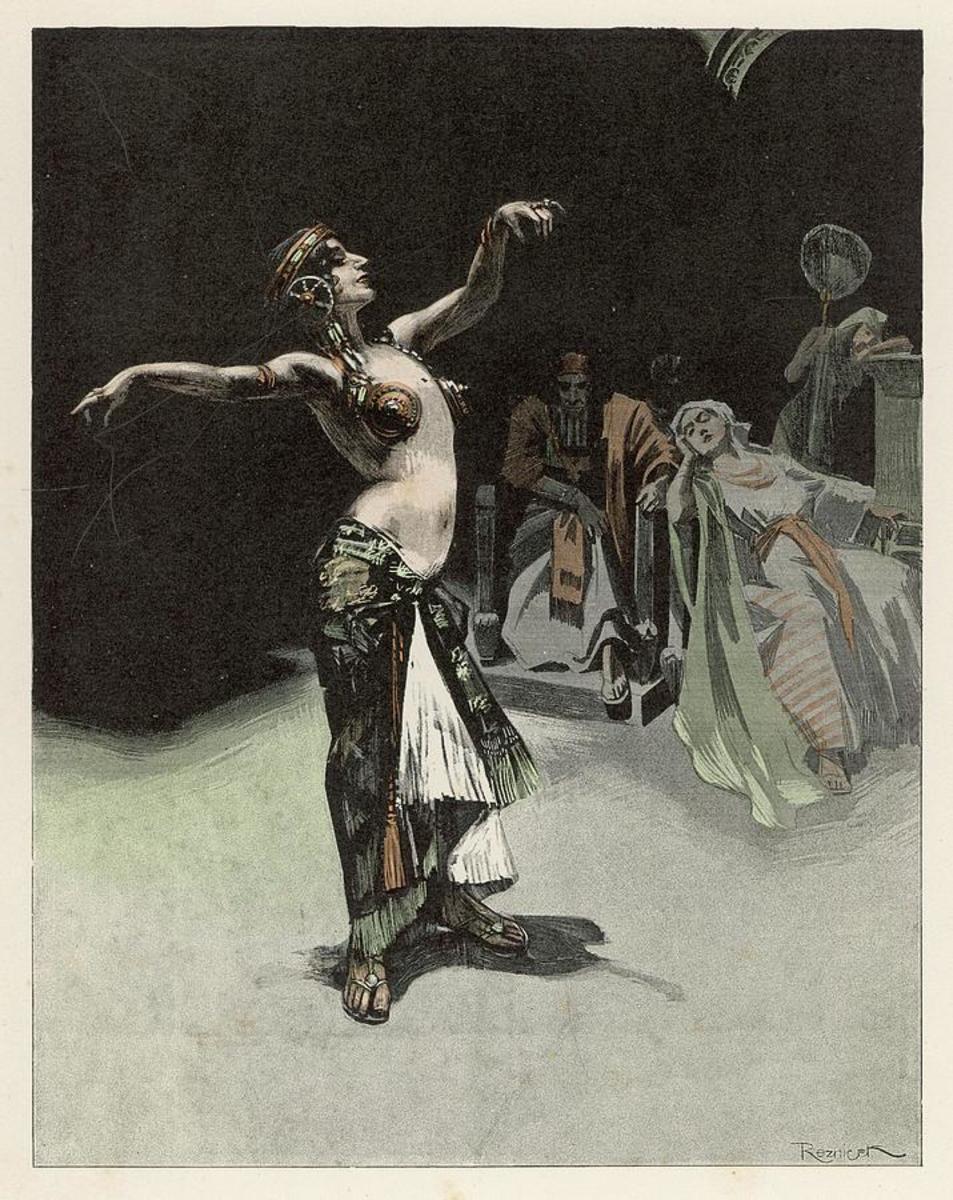What is PTSD Hypervigilance or Hyper Alertness?
What is PTSD Hypervigilance or Hyper Alertness?
One of the normal responses to trauma is Post Traumatic Stress Disorder, PTSD. If you are traumatized enough, you may be afflicted with PTSD. As a former Army Officer who is now a theologian, I tend to think of PTSD as Post Terror Soul Disorder. Even our souls can be damaged by PTSD, not just the physical brain structures of the amygdala and the hippocampus. PTSD can change your identity and in my research I study the PTSD-Identity and how to overcome the soul wound of PTSD. One of the most pronounced PTSD symptoms is hypervigilance.
Hypervigilance/Hyper Alertness is a Normal PTSD Symptom
One of the symptoms that are associated with the PTSD-Identity is Hypervigilance, also understood as hyper alertness. Essentially, hypervigilance is being constantly on guard, constantly alert for any stimuli which are associated with your PTSD. These stimuli are frequently termed PTSD Triggers. That is, they are something which triggers further PTSD symptoms or memories.
Hypervigilance may be the result of a PTSD trigger, or
Ingrained hypervigilance may cause more PTSD symptoms.
It can create its own feedback loop that makes my PTSD worse and worse.
Certain memories or stimuli may provoke hyper alertness in me. Or my body may be attuned to always being more alert at a certain time of day as it was in the military.
At the same time, my hypervigilance reminds me of certain horrible times, and that may cause me to have more PTSD symptoms.
Types of PTSD Hypervigilance: Going On Patrol
As a former soldier and security officer I was ordered to go out at two in the morning and make a (very vulnerable) one man patrol of my perimeter. Sometimes this patrol was an exciting event; most times it was a mundane event. One of the things it did was brand into my body and soul the need to get up at or about 2 am and walk my perimeter.
While this vigilance was the right kind of awareness to exercise when I was an Army officer, it did not transfer well to my later civilian life. It disturbed my sleep cycle. This lack of sleep exacerbated some of my physical health concerns that required normal, uninterrupted sleep to heal. For over twenty years after my military service I was usually up several times at night to walk my perimeter. I didn’t need to do it, I had to do it or I could not get back to sleep. Try as some of my doctors might, sleeping pills could not interrupt the requirement to jolt awake and walk my perimeter. I know of this being the case for quite a few vets.
Locking Down the Perimeter & Checking My Equipment
Another feature of my hypervigilance is having to compulsively check windows, doors, gates, etc., to be sure they are locked. I spent a lot of time as a security officer making sure the right locks were properly locked and not tampered with. Many military veterans compulsively check their surroundings and persons to make sure everything is where it is supposed to be. Doors locked, windows closed. I got my wallet, got my keys, got my pen, my notebook, and so forth.
This can be amusing to others as they watch me make sure everything is in its place and then watch me check it every fifteen minutes. When I do it five times, every fifteen minutes, the amusement can turn to annoyance, or perhaps pity. The people who actually care about me will feel compassion.
Why This Hyper Alertness Compulsion?
Why are many veterans with PTSD compelled to be so vigilant? On the one hand we were trained that everything has its place and must be in that place. On the other hand, many of these behaviors that were drilled into us became second nature (actually they became first nature, so to speak) and that meant they saved lives. Hyper alertness on the battlefield, or in a terrorist situation, or patrolling streets in Afghanistan and Iraq saves lives.
Thus, we are PTSD hypervigilant because:
1. Our military training taught us to be hypervigilant.
2. Our brain was trained to expect danger at any moment.
3. Our hypervigilance kept us and other alive, usually.
We experienced danger and lived through it because of our training. Therefore, our body and soul has been conditioned to stay on constant alert, always ready for trouble. This is fine if you are on a patrol or serving in a combat zone, but it does not help when you are trying to live a “normal” life as a civilian.
The problem is that the Army and the Marines never taught us how to turn off our hyper awareness. They discharged us and left us wound up tight inside - without any teaching or warning that we might have PTSD and exhibit hypervigilance as part of the PTSD-Identity.
Risks and Problems of PTSD Hypervigilance
Hyper Alertness Can Damage Family Life
This feature of PTSD can ruin a family life. One veteran required his teenage daughter to be home at 6:30 pm and he locked down the house at 7 pm. You can imagine how happy she must have been with that situation!
The veteran could not think of going to sleep until he knew all of his troops (his family) were indoors and safely locked in. If anyone got up during the night or made sounds, he had to get up and patrol the house and sometimes the yard or the street before he was satisfied that it was safe to go to sleep.
If a person with PTSD has to continually check something to be sure it is as it is suppose to be, he or she may drive people nuts by insisting on getting home to check whatever it is. If part of their military job was to check something every hour, they may feel compelled to check something at home, every hour.
A person with PTSD may become angry if he or she cannot check on something or ensure it is properly locked down. To family and friends, it will seem like he became angry about nothing important. But to the PTSD hyper vigilant individual, the situation will remind them of something that is of life or death importance. To not check on it would be to say he does not care about the safety of his family. The family needs to know that the hyper alertness actually means he wants to keep them safe.
This sort of hypervigilant behavior can be physically exhausting. It can make you physically ill. If you have other disabilities that require sustained rest so you can heal, then that healing will be hindered.
PTSD Hypervigilance, Fatigue, and Stress All Feed On Each Other
A vicious cycle can form. Being physically tired and stressed out will make the PTSD hypervigilance worse. PTSD vulnerabilities will increase the more tired or stressed you are. So hypervigilance can create a vicious circle. You get tired by not properly sleeping because you are up every two hours checking the doors and windows. The memories associated with your hypervigilance can further stress you out, making your PTSD symptoms bubble up. You compensate by becoming more hyper alert. If your family mocks you or criticizes you for being hyper vigilant, then that will also create more stress and the cycle continues.
PTSD Is Not Hopeless
We have examined PTSD hypervigilance in the military veteran. You need to be aware that PTSD is not hopeless. Many of us have healed from the worst of our PTSD symptoms. It is not easy. We remain wounded in our souls from the trauma we experienced. But the PTSD no longer dictates to us how we must live and react to others.
Click on the link if you are interested in how to better understand the PTSD soul wound. You don’t have to give up. It is not hopeless.
Semper Pax, Dr. Z








